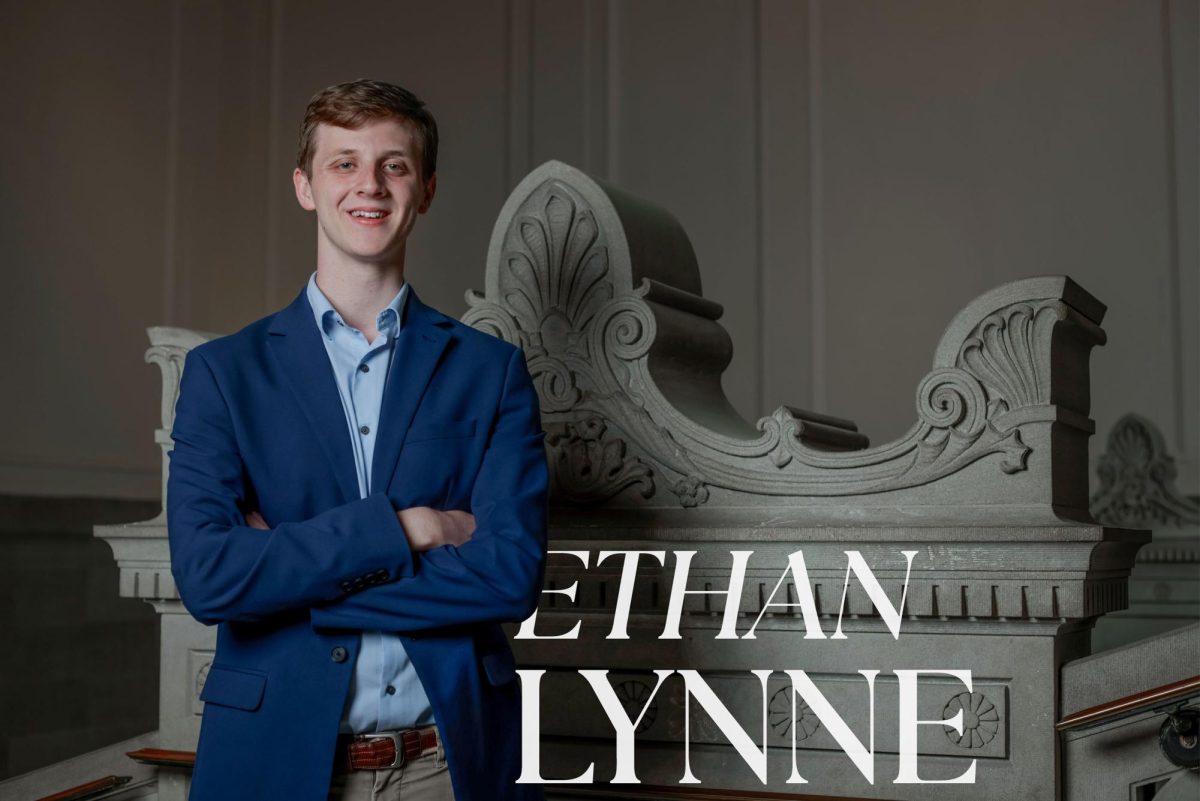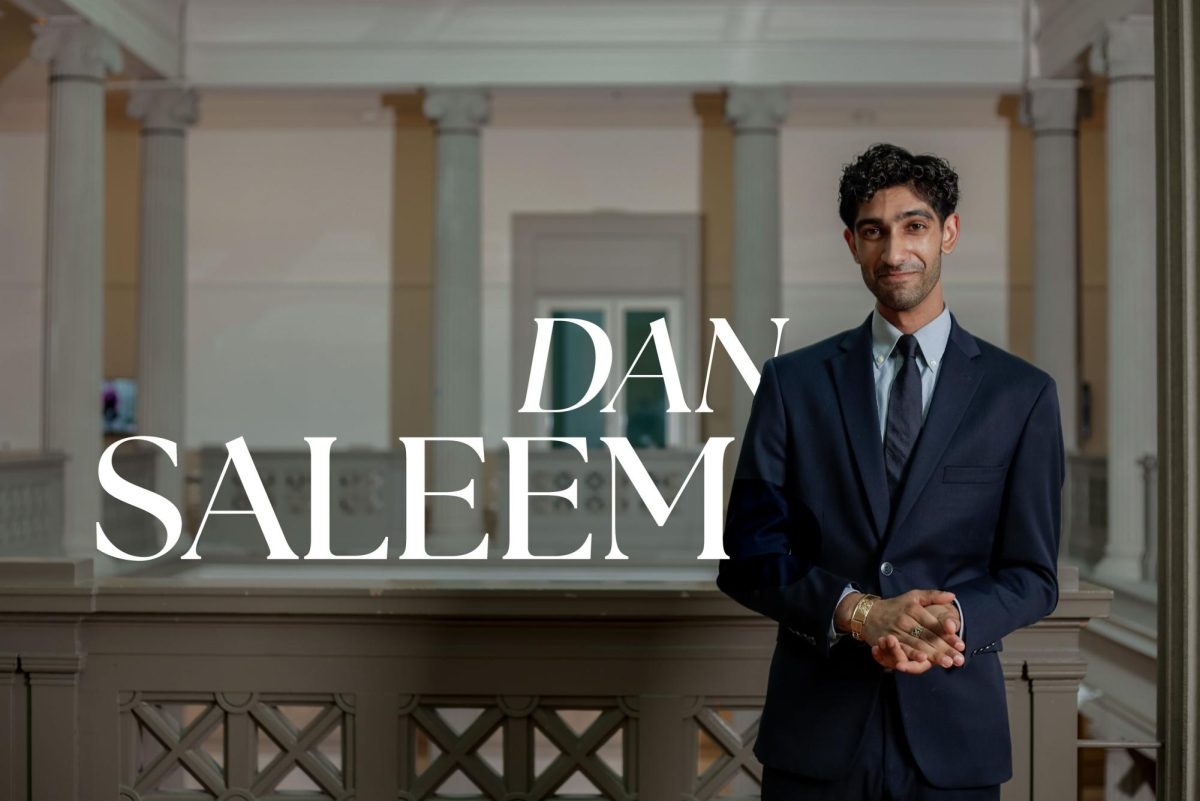When the Board of Trustees votes to approve the University’s 10-year strategic plan Friday, it will decide whether students will eventually be admitted to the University as a whole, delaying their entry into specific colleges by up to two years.
Administrators floated the contentious proposal – which some schools worry could overflow their enrollments, dilute their brands and create budget fights – in October, and Provost Lerman confirmed last week that an altered version would be included in the final plan. The Board of Trustees must greenlight the proposal before it is finalized in the plan.
Administrators hope the one-college model will stimulate interdisciplinary studies by creating a better undergraduate balance of liberal arts and career-focused education, though faculty in programs like international affairs, media, business and engineering have raised questions.
To appease concerns about students’ first two years at GW without a set academic path, Lerman said students could declare “pre-majors” to help maintain affinities for individual schools.
Schools with a “limited capacity” of professors and class space would only allow students already accepted as pre-majors, or those who meet GPA requirements.
For example, instead of opening the Elliott School of International Affairs, School of Engineering and Applied Science, School of Business and School of Media and Public Affairs to students who show interest by their sophomore year, admissions to the college will likely be reserved for students who have already been admitted by declaring a pre-major.
“[The concept] won’t be scaled down. It’ll be nuanced,” Lerman said.
Frank Sesno, director of the School of Media and Public Affairs, said the college was initially worried that the original admissions plan would push away journalism-focused students and hurt its competitiveness.
“It’s not as dramatic as it sounded at the outset,” Sesno said. “Essentially nothing changes, and as a result, students will have near certainty that they’re going to end up [in the school] they want to be.”
Administrators have not yet outlined an implementation plan for the changes and will still likely hammer it out over the next few years. They have also not decided details about what University-wide courses will be added and what pre-majors will be offered.
The concept of how to create a general curriculum for all undergraduates has also changed since strategic plan discussions first started, Faculty Senate executive committee chair Michael Castleberry said.
“I think what happened is the Board of Trustees got really excited about the branding thing – that there was going to be something [academically] GW is known for,” he said. “What’s come into focus is what the Board of Trustees first saw that would unilaterally happen to everybody is probably not going to happen. It’s going to be more diffuse, more individualized.”
For example, he said, now students may have the option of taking an academic track revolving around community service, foreign languages or sustainability in their first two years.
It’s part of the University’s broader strategic plan, a guiding document with about $300 million worth of ideas like building new graduate housing, doubling the population of international students and expanding global programs for GW’s next decade.
The University hopes to overhaul undergraduate education with $9 million to $17 million poured into creating more interdisciplinary courses taught by multiple professors from different fields, an enhanced advising system and a new administrative structure headed by a new vice provost for undergraduate education.
The plan overall has changed little since its October conception. Senior Vice Provost for Academic Affairs and Planning Forrest Maltzman said some sections have since been rewritten to stress the University’s commitment to the arts and humanities by acknowledging their role in sparking innovation in a document that hypes technology, medicine and engineering.
“What people had concerns about was that the plan was a statement of who we are, and they didn’t think it articulated that well enough,” he said. “The whole plan is not about doing what we currently do. The issue is to go ahead and try to change the University to get us ahead.”
Castleberry has been hashing out the plan’s goals for remaking undergraduate education on the advisory group. He said by the time colleges have given feedback on the plan, students will not notice admissions changes.
“I think you’ll find that it won’t change very much,” Castleberry said. “You’ll come here with an indication of your preference, and probably you could still be admitted to Elliott or to an undergraduate program in two years but have declared Elliott as your preference.”





